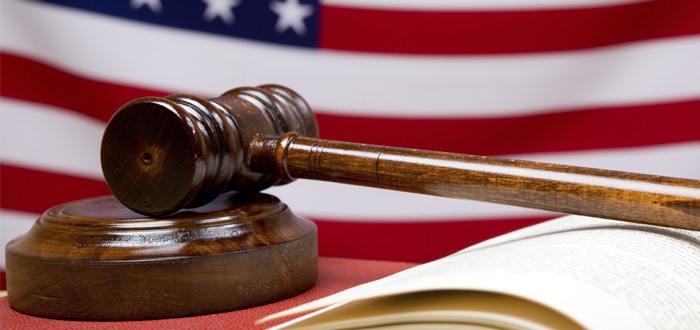Asbestos causes mesothelioma. You know it, your doctor knows it, your government knows it. Yet asbestos has never been fully banned in the U.S. That could change if two senators have their way.
On March 12, Sen. Barbara Boxer (D-CA) and Sen. Edward Markey (D-MA) introduced a bill that, among other things, requires the Environmental Protection Agency to consider a sweeping ban on asbestos — and to consider it with all seemly haste.
Boxer and Markey drafted the legislation after consulting with public health experts, environmental activists, business organizations and consumer protection groups.
The proposed legislation is called the Alan Reinstein and Trevor Schaefer Toxic Chemical Protection Act.
Reinstein passed away in 2006 at the age of 66 from mesothelioma. The bill’s other namesake is a brain cancer survivor.
A Tribute to Mesothelioma Fighter’s Courage
The bill is intended to protect “the health and safety of our families from dangerous toxic chemicals in our communities,” said Boxer, second most-powerful senator on the Environment and Public Works Committee.
Reinstein’s widow Linda said in a press release issued by the committee that the bill embodies the spirit of her late husband’s courageous battle with mesothelioma, which he lost nine years ago.
She added that the bill also speaks for the “hundreds of thousands of other asbestos victims — past, present and future.” Mrs. Reinstein expressed disbelief that asbestos remains “legal and lethal in the United States.”
She said the bill “will enable the EPA to, once and for all, ban asbestos.”
Although the proposed legislation will inspire mesothelioma patients and their loved ones to stand up and cheer, it nonetheless faces an uphill battle to become law.
A rival bill that does not call for a ban on asbestos is also being considered by the Environment and Public Works Committee.
Its fate too is uncertain at this stage of the game, but the odds favor it more than they do the Reinstein Act. That’s because the rival measure has bipartisan support.
Doesn’t Try As Hard to Prevent Future Mesothelioma
The rival bill is the Frank R. Lautenberg Chemical Safety for the 21st Century Act, named for the Democrat senator from New Jersey who died in 2013. He held the dual distinction of being the oldest member of the Senate and its last to have fought in World War II.
The Lautenberg act was introduced March 10 by Sen. Tom Udall (D-NM) and Sen. David Vitter (R-LA).
According to The Hill newspaper, the Udall-Vitter bill was more than two years in the making and drew upon input from environmental groups and business interests.
Boxer and Markey — who is the ranking member of the Senate’s Subcommittee on Superfund, Waste Management, and Regulatory Oversight — drafted their bill expressly as an alternative to the bill introduced by Udall and Vitter.
According to Boxer, the other legislation falls far short of the mark in dealing with asbestos.
In fact, supporters of the Boxer-Markey bill say the Udall-Vitter proposal was influenced too much by the chemical and mining industries.

